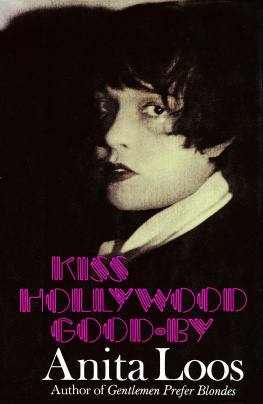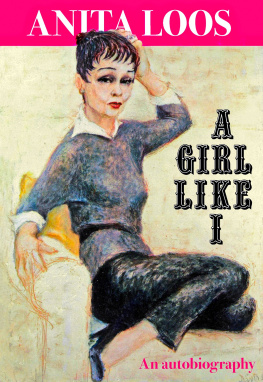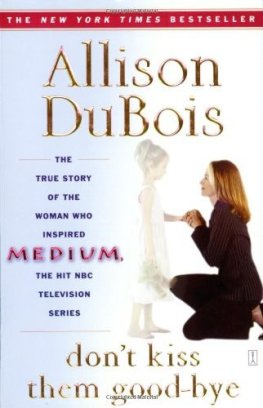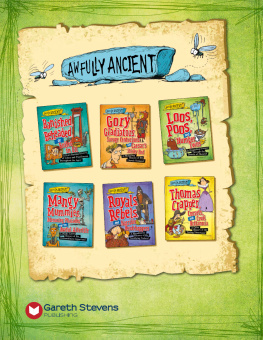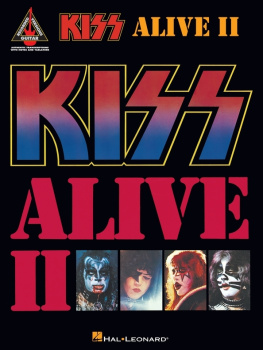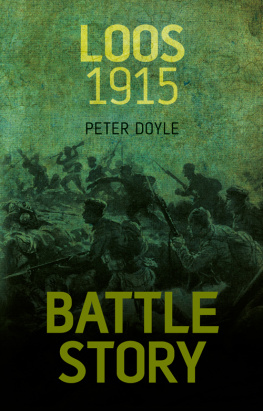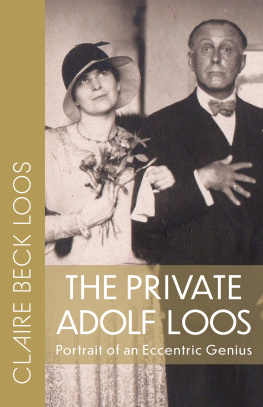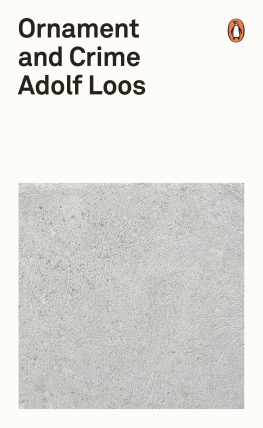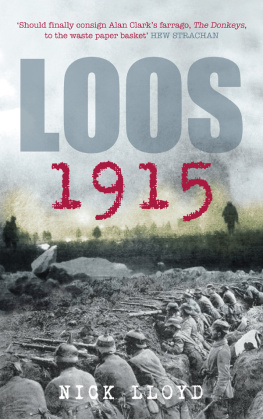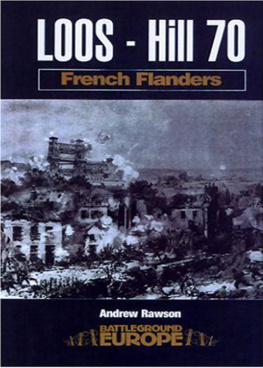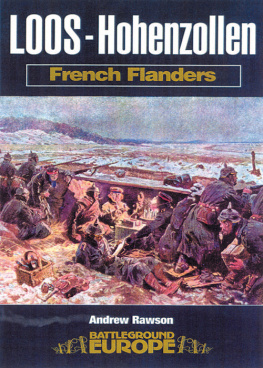Loos - Kiss Hollywood Good-By
Here you can read online Loos - Kiss Hollywood Good-By full text of the book (entire story) in english for free. Download pdf and epub, get meaning, cover and reviews about this ebook. year: 1974, publisher: Viking, genre: Non-fiction. Description of the work, (preface) as well as reviews are available. Best literature library LitArk.com created for fans of good reading and offers a wide selection of genres:
Romance novel
Science fiction
Adventure
Detective
Science
History
Home and family
Prose
Art
Politics
Computer
Non-fiction
Religion
Business
Children
Humor
Choose a favorite category and find really read worthwhile books. Enjoy immersion in the world of imagination, feel the emotions of the characters or learn something new for yourself, make an fascinating discovery.
- Book:Kiss Hollywood Good-By
- Author:
- Publisher:Viking
- Genre:
- Year:1974
- Rating:4 / 5
- Favourites:Add to favourites
- Your mark:
- 80
- 1
- 2
- 3
- 4
- 5
Kiss Hollywood Good-By: summary, description and annotation
We offer to read an annotation, description, summary or preface (depends on what the author of the book "Kiss Hollywood Good-By" wrote himself). If you haven't found the necessary information about the book — write in the comments, we will try to find it.
Loos: author's other books
Who wrote Kiss Hollywood Good-By? Find out the surname, the name of the author of the book and a list of all author's works by series.
Kiss Hollywood Good-By — read online for free the complete book (whole text) full work
Below is the text of the book, divided by pages. System saving the place of the last page read, allows you to conveniently read the book "Kiss Hollywood Good-By" online for free, without having to search again every time where you left off. Put a bookmark, and you can go to the page where you finished reading at any time.
Font size:
Interval:
Bookmark:
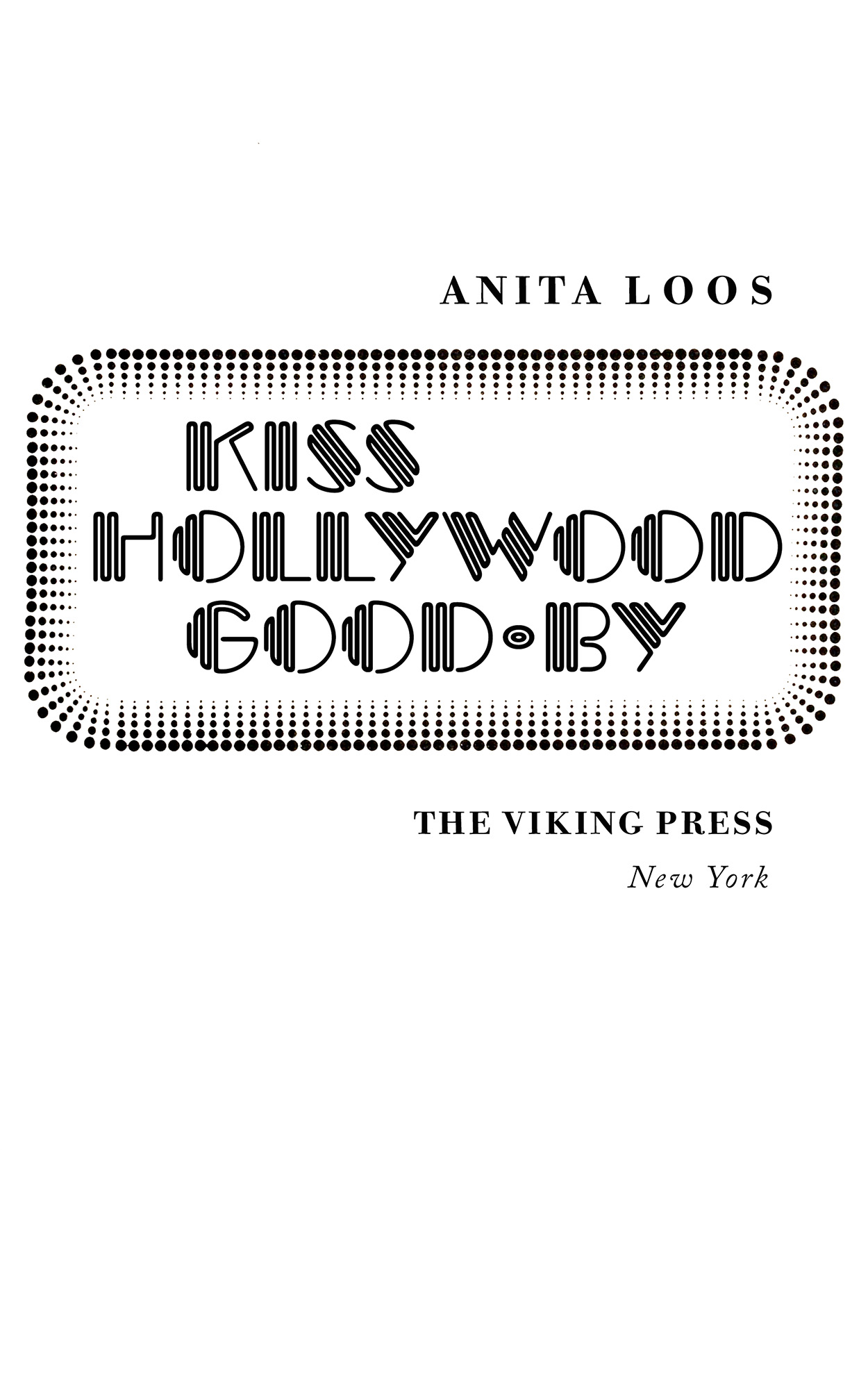
Gentlemen Prefer Blondes
But They Marry Brunettes
A Mouse Is Born
No Mother to Guide Her
The Whole Towns Talking (in collaboration with John Emerson)
The Fall of Eve (in collaboration with John Emerson)
Gentlemen Prefer Blondes (a comedy without music, in collaboration with John Emerson)
Happy Birthday
The Kings Mare (adapted from the French by Carolle)
Gigi (from the novel by Colette)
Cheri (from the novel by Colette)
Gentlemen Prefer Blondes (as a musical with score by Jule Styne and Leo Robin)
All About Anne (musical with score by Ralph Blaue and James Gregory)
Lorelei (musical based on novel Gentlemen Prefer Blondes . Score by Jule Styne and Comden and Green.
Book by a combination of writers)
A Girl Like I
Twice Over Lightly (with Helen Hayes)
Copyright 1974 by Anita I.oos
All rights reserved
I am indebted to Mr. Robert Reinhart for the time and care he gave to the preparation of the list of my screenplays beginning on page 201ANITA LOOS
Acknowledgment is made to the following for permission to quote material:
William Empson, for Reflection from Anita Loos from Collected Poems . Reprinted by permission of the author.
Harper & Row, Publishers, Mrs. Laura Huxley, Grover Smith, and Chatto & Windus, for excerpts from The Letters of Aldous Huxley , edited by Grover Smith.
Music Sales Corp, for I Love What Im Doing by Leo Rohm and Jule Styne, from the Musical Production Gentlemen Prefer Blondes . Copyright Consolidated Music Publishers, Div. of Music Sales Corporation, 1949. All rights reserved. Used by permission.
Pansy Schenck, for the poem by Rudolf Friml
The Viking Press, Inc., for an excerpt from Crazy Sundays by Aaron Latham. Copyright 1971 by John Aaron Latham.

In my youth I never kept a diary, feeling that a girl who could sell her words for money had other fish to fry. But back in 1927 I began to save my old datebooks, which have accumulated until they now fill two wide bookshelves.
Looking them over recently, it struck me that those datebooks are more truthful than any diaries, for, as time rolled on, items which once seemed insignificant have taken on a startling new importance. For instance, an entry marked Hollywood, June 2, 1932 , simply records Eight-thirtyPreview . But on that night Jean Harlow and Charles Boyer, two unknown movie actors, zoomed into stardom and my own life was turned over like an upsidedown cake.
I grant that the short entries in a datebook can sometimes pose a mystery. In Santa Monica, July 4, 1935, I scribbled: Leave for New York. Lend beach house to Joe . And then, six weeks later, a mystery comes to light: Home from vacation. Find house in order except for FOOTPRINTS ON THE CEILING.
Only Hollywood could supply an answer to that mystery. Joe Schenck was an eminent film producer, and, in spite of girth, advancing years, and retreating hairline, he dearly loved to play. And I learned on investigation that those footprints had come about during a beach party Joe gave. It seemed that Johnny Weissmuller, the current Tarzan, had grabbed a starlet, whose feet were smeared with suntan oil, and hoisted her, upside down, until she was walking on the ceiling.
I also find those old datebooks useful in exposing some event I once considered earth-shaking. One night I kept a rendezvous with a sophisticated European film director which I, as a Hollywood novice, found so unforgettable it only needed be recorded with a fingerprint in lipstick. Had I written that occasion up in depth when it took place, it would have been a pack of lies because today I cant remember his name to give him a belated screen credit. So Im against diaries and all for datebooks, because memory is more indelible than ink.
One day in 1927 I scribbled down an ordinary, run-of-the-mill tea date but I met a character that afternoon who was to dominate my life as long as he lived. His name was Wilson Mizner. In 1936 he became the inspiration for a movie I wrote starring Clark Gable, Jeanette MacDonald, and the San Francisco earthquake. Its title was San Francisco and it still runs on the Late TV shows.
In 1926 Id given up my writing career to live a private life with the husband I then adored. John Emerson was twenty years my senior; handsome, literate, and educated for the clergy. When he deserted the church to invade Broadway, he perfected that charisma, which even a bad actor has, of being able to charm his off-stage public.
In time John Emerson rose to be a featured player for Broadways distinguished theatrical producer, Charles Frohman. In 1909, when the playwright Clyde Fitch died leaving his tragedy The City unfinished, John completed the manuscript and brought the play through to a successful run. John played leading roles with Minnie Maddern Fiske, Americas most serious theatrical star; he co-authored and starred in a successful whodunit called The Conspiracy . Then, sensing the new opportunities that were opening up on the West Coast, he cast a glance toward Hollywood with a view to directing films.
D. W. Griffith had always looked down on movies as a bastard child of the theater, and when a distinguished figure like John Emerson approached him for a job, he was flattered. He immediately asked John to join his staff of directors.
Another of D. W.s importations was a handsome Broadway juvenile named Douglas Fairbanks. While John was learning to direct by watching D. W. at work, Doug was being cast in several rather pedestrian roles in which he failed to register. And Doug, homesick for Broadway, began marking time to get back there.
It didnt take John Emerson long to master the new technique and then, feeling that Griffith had overlooked Fairbankss potential, he decided that his first film would exploit the young actors dashing personality.
John Emerson started a search through the files in the scenario department to find a vehicle for Fairbanks. The studio purchased a good many action-stories which had appeared in pulp magazines, but one day Emerson unearthed a file of plots that I had concocted directly for the screen.
Over a hundred of my half-hour slapstick comedies had already been filmed. I still have two of those old manuscripts; the first dating back to 1914 was titled The Deadly Glass of Beer . It starred the character actor Tully Marshall and was directed by Tod Browning, who later rose to be master of the macabre in early film art. (His movie Freaks opened up a new genre of horror films long before Hitchcock.)
The Deadly Glass of Beer earned me $25, not bad in those days for a synopsis written on a single page.
Henry and Frank are cousins who meet at a lawyers office to hear their uncles will read. The will states: I leave one million dollars to my nephew Frank if by his twenty-first birthday he has remained a strict teetotaler. But if Frank should drink even a single glass of beer, my entire fortune is to go to Henry. Henry, smothering his fury, plots Franks downfall.
Disguised by false whiskers, Henry trails Frank about town in the hope of catching him taking a drink. One day Frank passes a saloon, hesitates, furtively looks up and down the street, and ducks in. Henry follows him into the saloon, grabs off his false whiskers, raps Frank on the back, and says, Aha! Ive caught you! At which Frank turns around and shows his glass to be full of buttermilk.
Font size:
Interval:
Bookmark:
Similar books «Kiss Hollywood Good-By»
Look at similar books to Kiss Hollywood Good-By. We have selected literature similar in name and meaning in the hope of providing readers with more options to find new, interesting, not yet read works.
Discussion, reviews of the book Kiss Hollywood Good-By and just readers' own opinions. Leave your comments, write what you think about the work, its meaning or the main characters. Specify what exactly you liked and what you didn't like, and why you think so.

